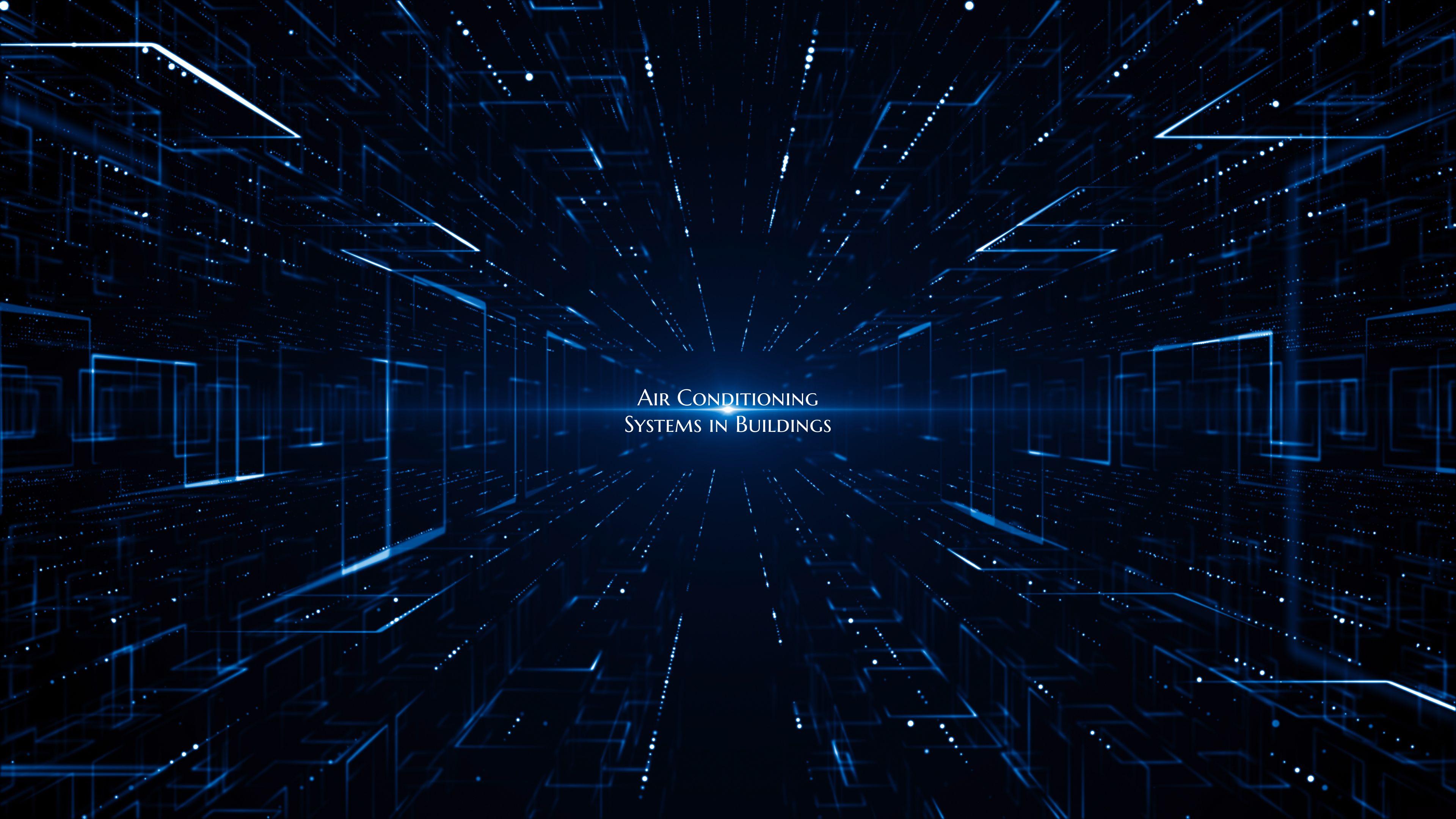Air Conditioning Systems in Buildings
Introduction: Air conditioning systems play a crucial role in regulating indoor temperatures and improving overall comfort and productivity within buildings. With advancements in technology, modern air conditioning systems have evolved to provide efficient heating and cooling solutions while also reducing energy consumption and environmental impact. This article explores the features and benefits of modern air conditioning systems in buildings.
Improved Energy Efficiency: One of the key advantages of modern air conditioning systems is their enhanced energy efficiency. These systems are designed to optimize energy usage by adjusting settings based on real-time conditions. Features such as programmable thermostats, variable speed motors, and zoning capabilities allow for better control over the indoor environment, leading to energy savings and reduced utility costs.
Enhanced Comfort Levels: Modern air conditioning systems are equipped with advanced features that contribute to enhanced comfort levels within buildings. Precision temperature control, improved airflow distribution, and humidity regulation help create a more comfortable and healthy indoor environment for occupants. Additionally, features like air purification and ventilation systems play a crucial role in maintaining indoor air quality, further enhancing comfort and well-being.
Smart Technology Integration: The integration of smart technology in air conditioning systems has revolutionized the way buildings are cooled and heated. Smart thermostats, remote monitoring capabilities, and IoT (Internet of Things) connectivity allow users to control and monitor their HVAC systems from anywhere, using their smartphones or other devices. This level of convenience and control not only enhances user experience but also contributes to energy savings and system maintenance.
Environmental Sustainability: In the face of climate change and environmental concerns, modern air conditioning systems prioritize sustainability and eco-friendliness. Many systems now use environmentally friendly refrigerants and are designed to minimize carbon emissions. Furthermore, the energy-efficient operation of these systems helps reduce overall carbon footprint, making them a more sustainable choice for buildings looking to minimize their environmental impact.
Conclusion: Modern air conditioning systems in buildings offer a range of benefits, from energy efficiency and enhanced comfort to smart technology integration and environmental sustainability. By investing in these advanced systems, building owners and occupants can enjoy a more comfortable and efficient indoor environment while also contributing to a greener future. It is clear that air conditioning systems continue to play a vital role in modern buildings, providing reliable and innovative solutions for heating and cooling needs.

